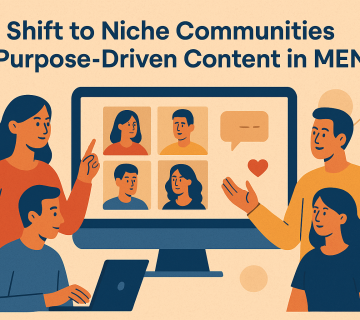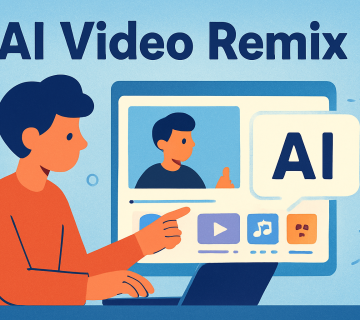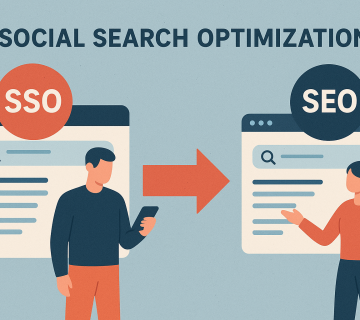Revolutionizing Social Media: The Rise of AI-Powered Personalization, Chatbots, and Content Moderation
Social media AI has been around for years, but it is now becoming mainstream as more and more people use social media platforms in their daily lives. From personalized recommendations to chatbots, social media AI is changing the way we interact with social media.
Personalized Recommendations
One of the most popular uses of social media AI is personalized recommendations. Many social media platforms use AI algorithms to suggest content to their users based on their interests and past behavior. For example, if you frequently watch videos about cooking on YouTube, the platform’s AI algorithm may suggest more cooking videos to you. These personalized recommendations have proven to be very effective in keeping users engaged with social media platforms.
Chatbots
Another use of social media AI is chatbots. Chatbots are computer programs that can simulate conversation with human users. Using them by companies to provide customer service or answer frequently asked questions. Social media platforms like Facebook Messenger have integrated chatbots, allowing businesses to interact with their customers through the platform.
Removing Harmful Content
Using it to detect and remove harmful content. Platforms like Twitter and Instagram use AI algorithms to identify and remove content that violates their community guidelines. For example, if a user posts a harmful or offensive comment, the platform’s AI algorithm may flag the comment for review or remove it automatically.
Reinforce Existing Biases
However, there are concerns about the use of it. One concern is that AI algorithms may reinforce existing biases. For example, if an AI algorithm is trained on data that contains biased language or stereotypes, it may perpetuate those biases in its recommendations or content moderation. This can lead to discrimination and exclusion of certain groups of people.
Privacy
Another concern is privacy. It relies on data, including users’ personal information, to make personalized recommendations and provide targeted advertising. There are concerns about how this data is collected, stored, and used, and whether users have enough control over their data.
Conclusion
In conclusion, despite these concerns, social media AI is likely to continue to be a major part of platforms in the future. As AI technology advances, we can expect to see even more personalized recommendations, chatbots, and content moderation. It will be important for companies to address the concerns around AI mainstream and ensure that using the technology in a responsible and ethical manner.




